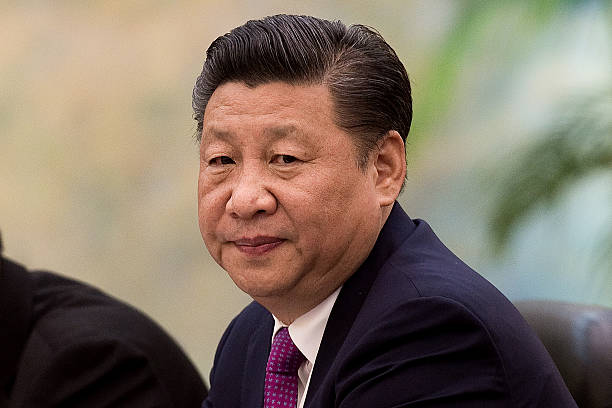
In an unexpected move that has sent ripples through China‘s financial circles, the country’s main securities watchdog saw a dramatic leadership change, underscoring the urgency with which President Xi Jinping’s administration is addressing the prolonged stock market downturn. Late on Wednesday, state media outlet Xinhua reported the removal of Yi Huiman as chairman of the China Securities Regulatory Commission (CSRC), marking him as the highest-profile casualty of a market sell-off that has erased over $5 trillion in value and shaken confidence in China’s economy.
Inside the CSRC: A Sudden Shift
The announcement of Yi’s ouster caught the industry and even senior officials within the CSRC off guard. Sources familiar with the matter revealed there had been no prior internal notice from the Communist Party’s organization department, which usually communicates significant personnel changes before they are made public. The departure of Yi, unexpected even to top CSRC officials, accentuates the deepening concern within Xi’s government over the market crisis now in its fourth year.
Wu Qing: A New Direction for the CSRC
Wu Qing, a figure closely allied with Premier Li Qiang, steps in as the new chairman, potentially signaling a fresh approach to reviving the world’s second-largest stock market. Recent attempts to buoy the market ahead of the Lunar New Year holiday fell short of restoring investor trust, prompting speculation of more robust measures to come.
Market Analysts React to the Change
Market analysts and industry veterans have weighed in on the leadership transition, with some viewing it as a necessary step towards more decisive action. “This is long overdue… At the minimum, a new broom sweeps clean and he could be more bold in taking action instead of just words,” noted Jiang Liangqing of Zhuhai Greenbamboo Private Fund Management. The anticipation of a more comprehensive strategy to halt the market decline had been growing, fueled by reports of regulatory briefings to President Xi.
Historical Context and Market Interventions
China’s market interventions have a mixed track record, with the economy facing more severe challenges now than during previous downturns. The property crisis, geopolitical tensions with the US, and skepticism from foreign investors about government policies on private enterprise add layers of complexity to the CSRC’s task. Analysts argue that changing the CSRC chairmanship alone does not address the underlying issues of weak growth and diminished confidence.
Table: China’s Market Turmoil and Leadership Changes
| Event | Impact |
|---|---|
| Yi Huiman’s Ouster | Marks a significant shift in China’s approach to managing its stock market crisis. |
| Wu Qing’s Appointment | Signals potential for more aggressive regulatory measures and market stabilization efforts. |
| Historical CSRC Leadership Changes | Previous changes have heralded extended market rallies, suggesting investor optimism with fresh regulatory leadership. |
| Market Interventions | Short-selling curbs and state purchases provide temporary relief, but structural reforms are deemed necessary for a turnaround. |
The Road Ahead with Wu Qing
Wu Qing brings a wealth of experience in financial regulation and a reputation for stringent oversight, raising expectations that he may more effectively combat market malpractices. However, experts like Sun Jianbo of China Vision Capital emphasize that while regulatory crackdowns might calm market nerves in the short term, a broader policy overhaul is essential for lasting stability.
As Wu takes the helm at a critical juncture, his actions and the policies he implements will be closely watched by both domestic and international observers. The challenge ahead is formidable, requiring not just regulatory finesse but a comprehensive strategy to address the economic factors contributing to market volatility. Whether this leadership change can steer China’s stock market back to stability remains to be seen, but it certainly marks a pivotal moment in the country’s efforts to manage its financial future.
Featured image credit: Pool via Getty Images
